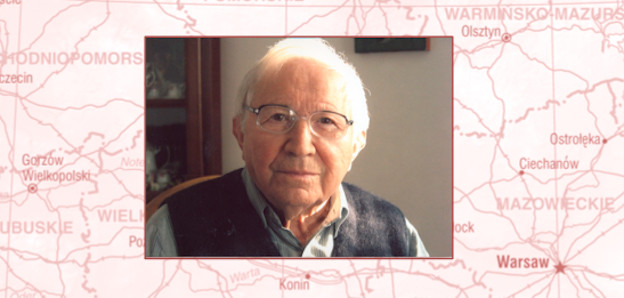Singular Różewicz

When he was still alive, on his ninetieth birthday, I got to thinking: what is the actual status of his writing? Does it really constitute a primary reference point for poets writing today? There used to be a cliché making the rounds in our literary culture, which had it that Różewicz lived to see the greatest number of epigones. Well, maybe. Except that his writing is so very singular that it is entirely nonproductive of followers. In this, it is analogous to the writing of Witold Wirpsza, Miron Białoszewski, or Rafał Wojaczek. It is a universe inhabited by the author’s demons, filled with an almost exhausting consistency of doubt, and ultimately of pain, to which only he has full access. There is also a very intense, private aspect to it, and here lies the greatest paradox of his reception in its current state. The time has become ripe for laughable, nearly academic-programmatic casuistry: if it’s about the war, it must be Różewicz; if it’s Auschwitz, it must be Różewicz; if it’s the culture of exhaustion and waning of grand narratives — Różewicz again. Even beyond those tags: if it’s the general absurdity of existence — it’s definitely Różewicz. In a sense, it’s all true; and yet, can we imagine an anchorite burdened with the duty of bearing witness to all those cataclysms? Różewicz himself was able to beautifully dodge the multiple duties of the Polish poet. His colorless death, a quiet almost unnoticed departure, all pomp, pageantry, and public antics excluded, a death issuing from the pure expiration of being — this death is a great challenge to the Polish poet. It denies him the privilege of the stuffy catechetic classroom, where the nation chants its feverish canonizing incantations. It puts him thereby in a purely novel situation of “the one and only,” in the desert of sense, of nonsense and the silence of the defeated, who are listened to by no one and nothing.
Translated by Kacper Bartczak
Edited byMarit MacArthur Kacper Bartczak